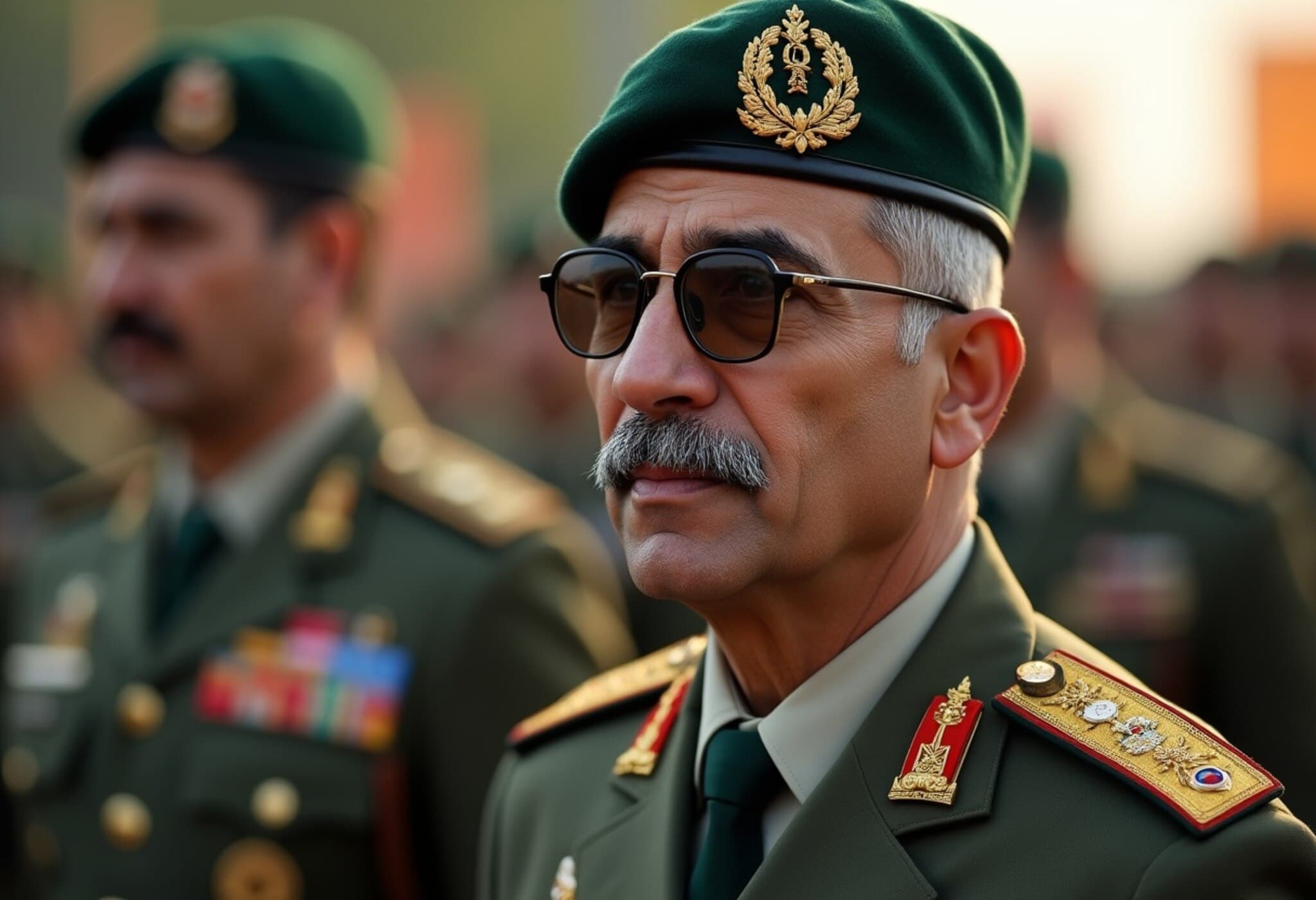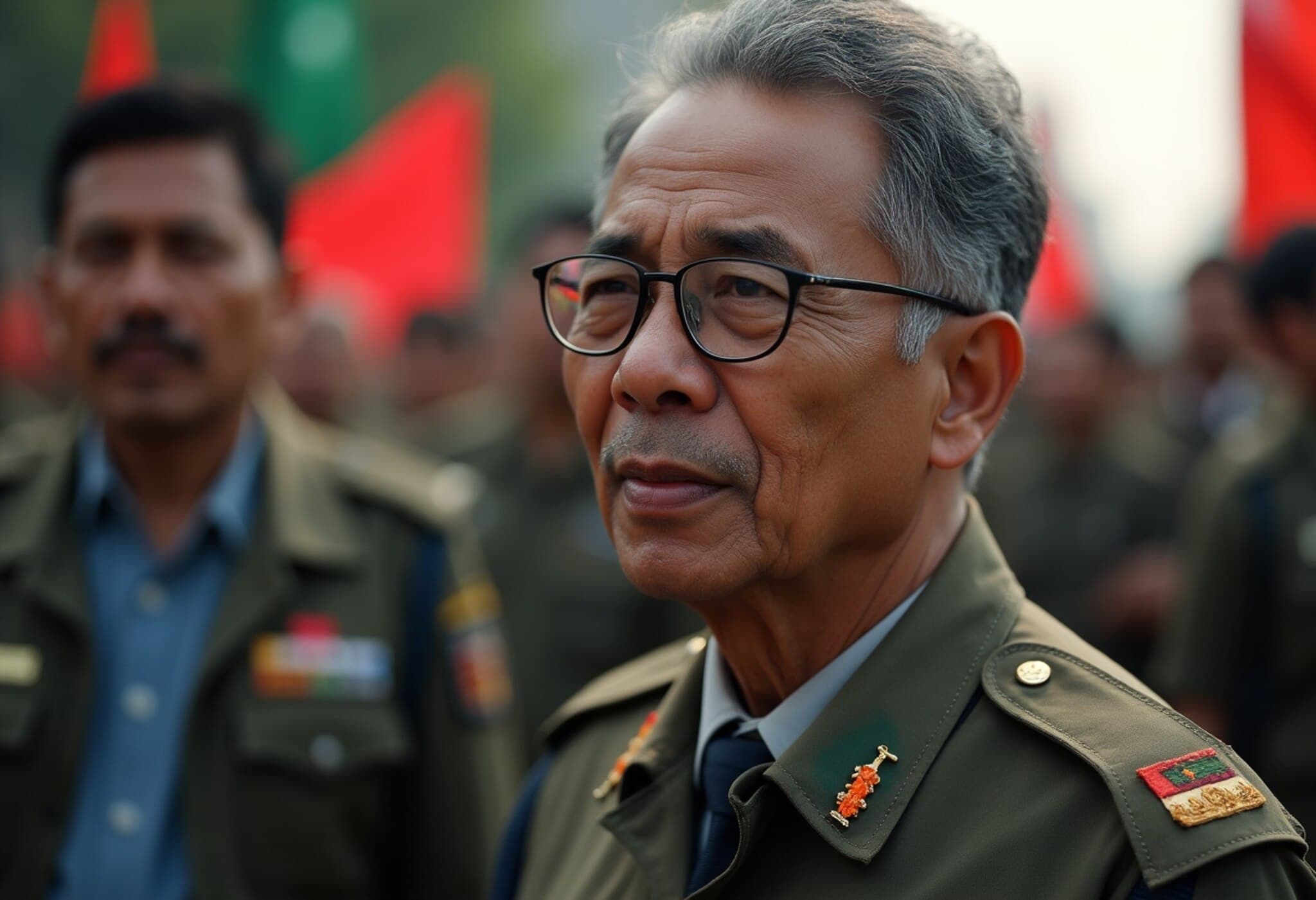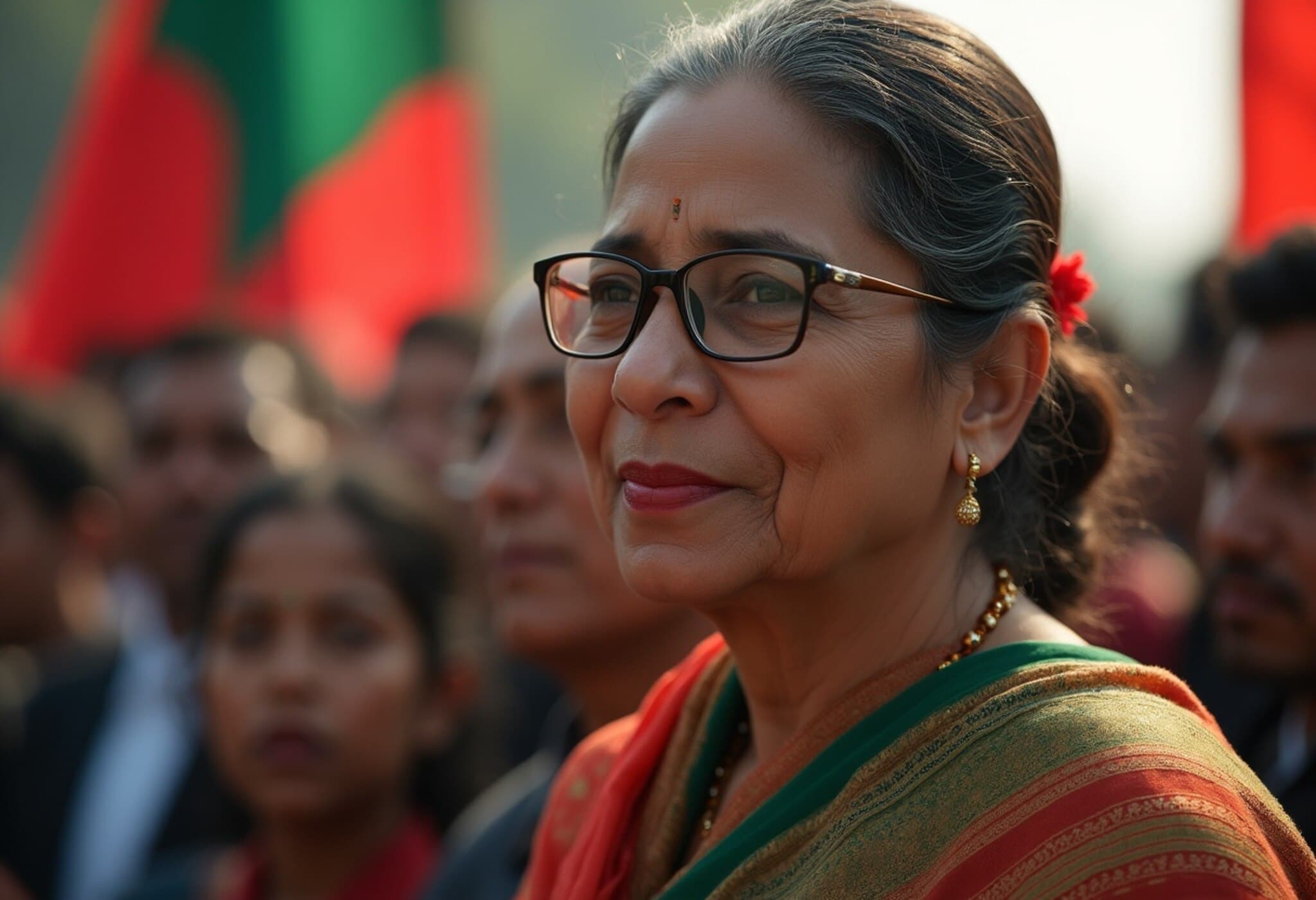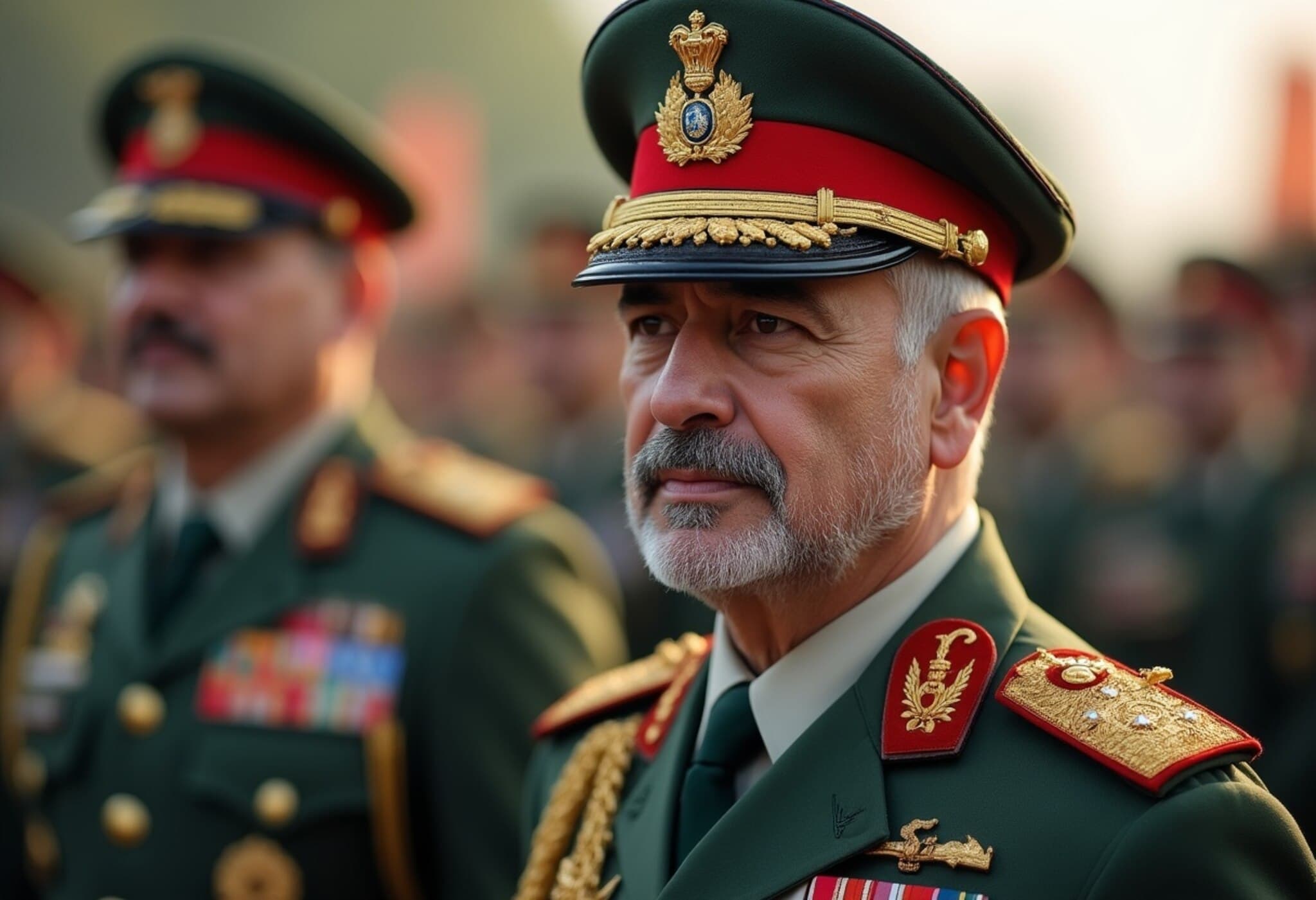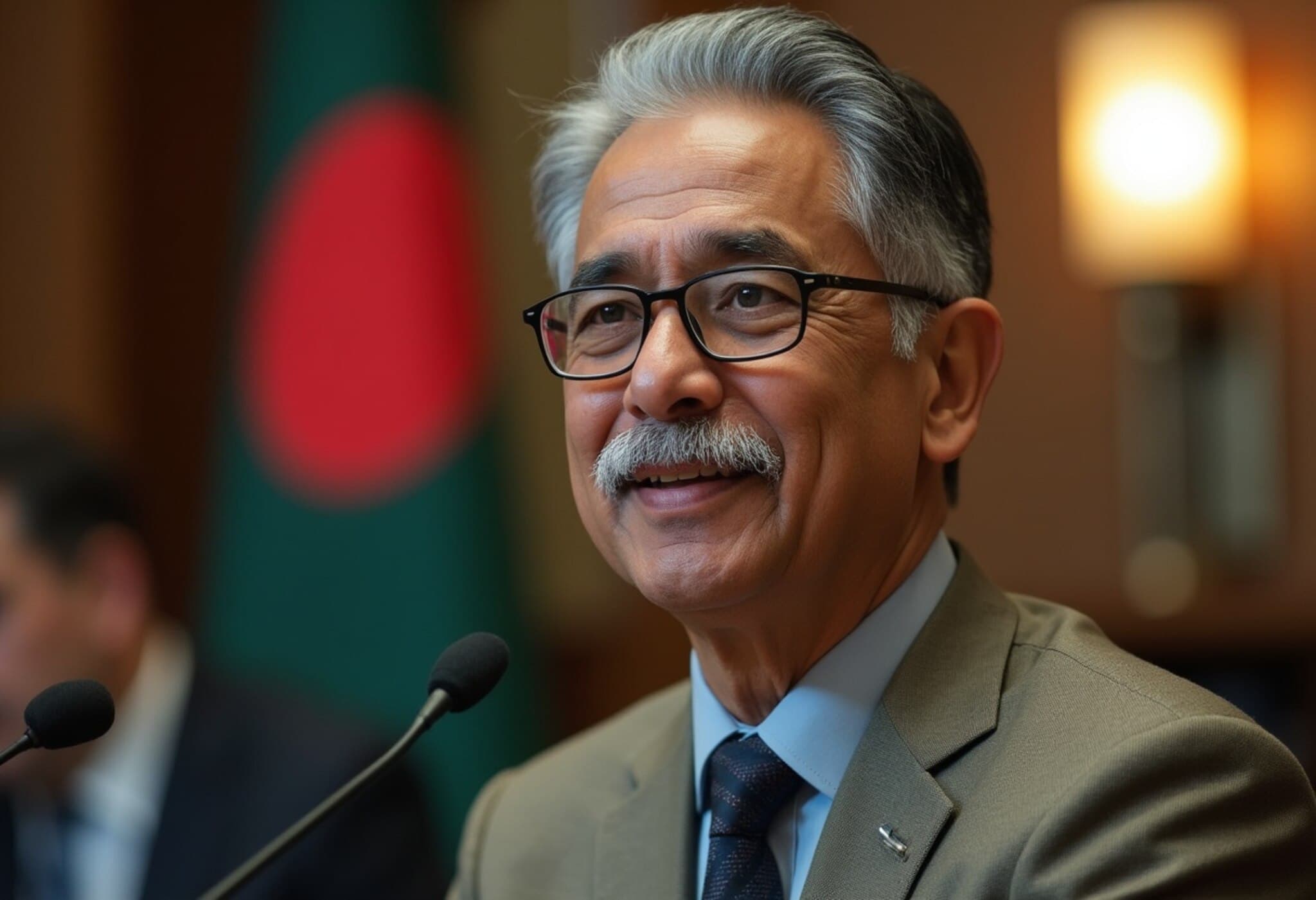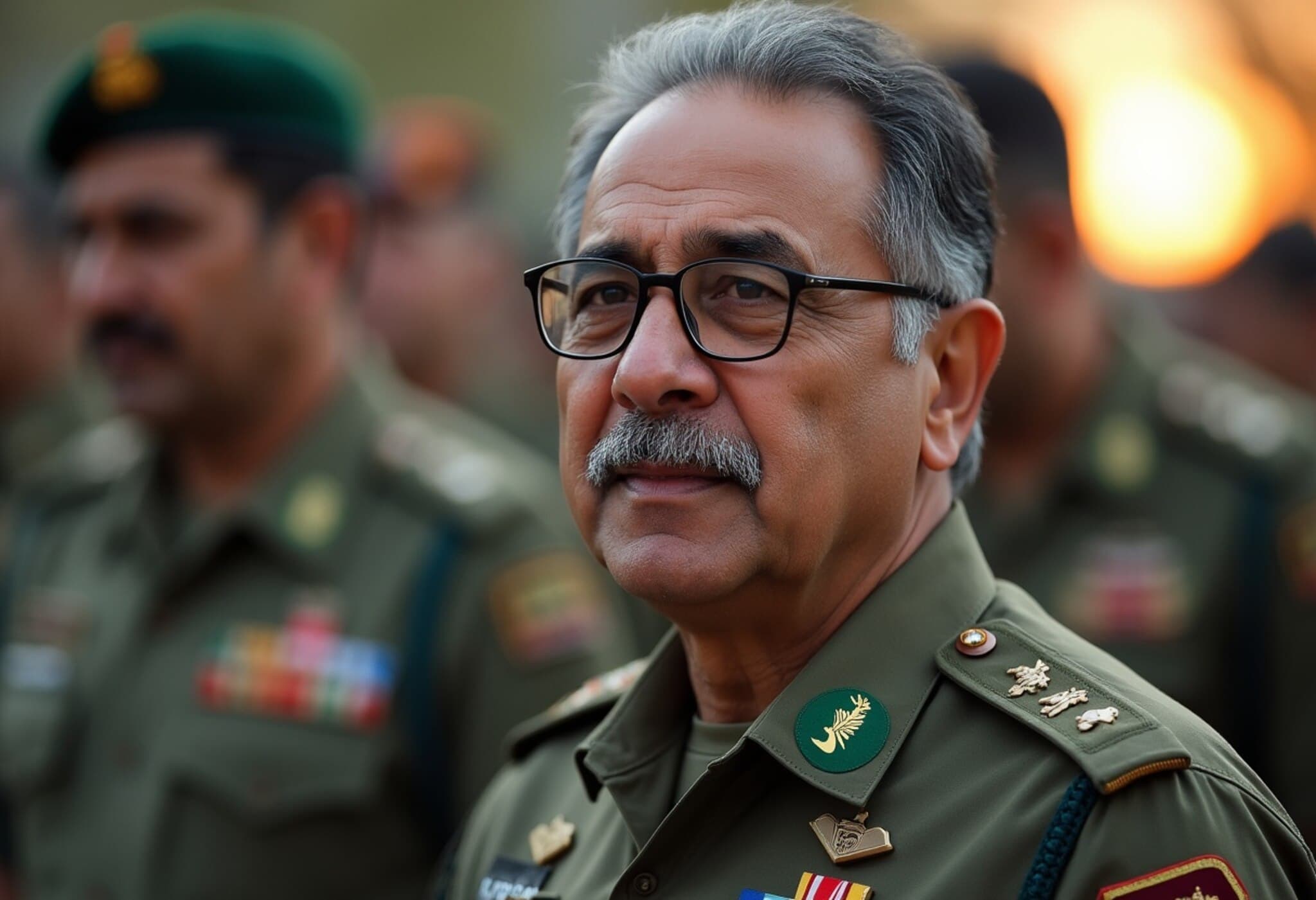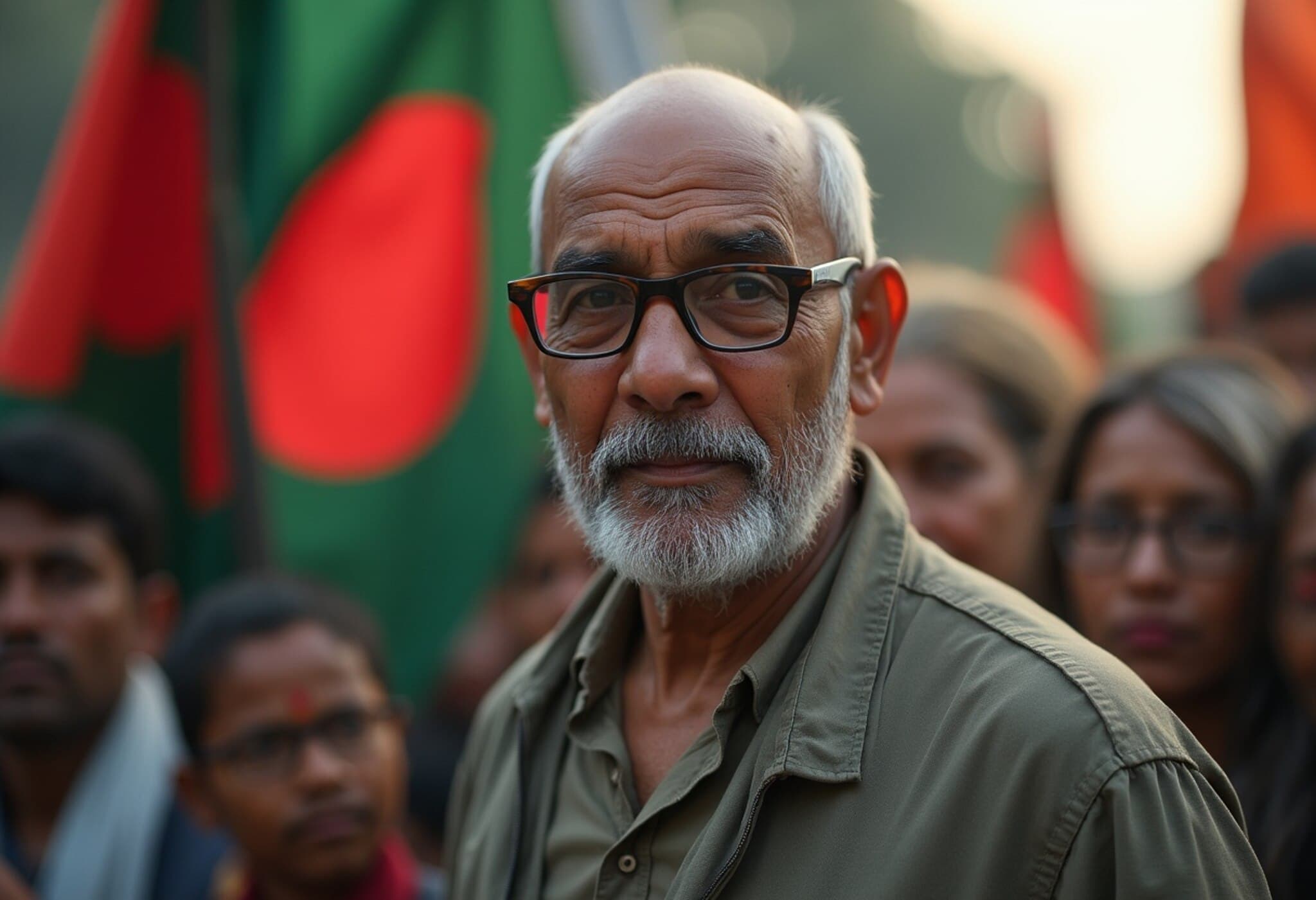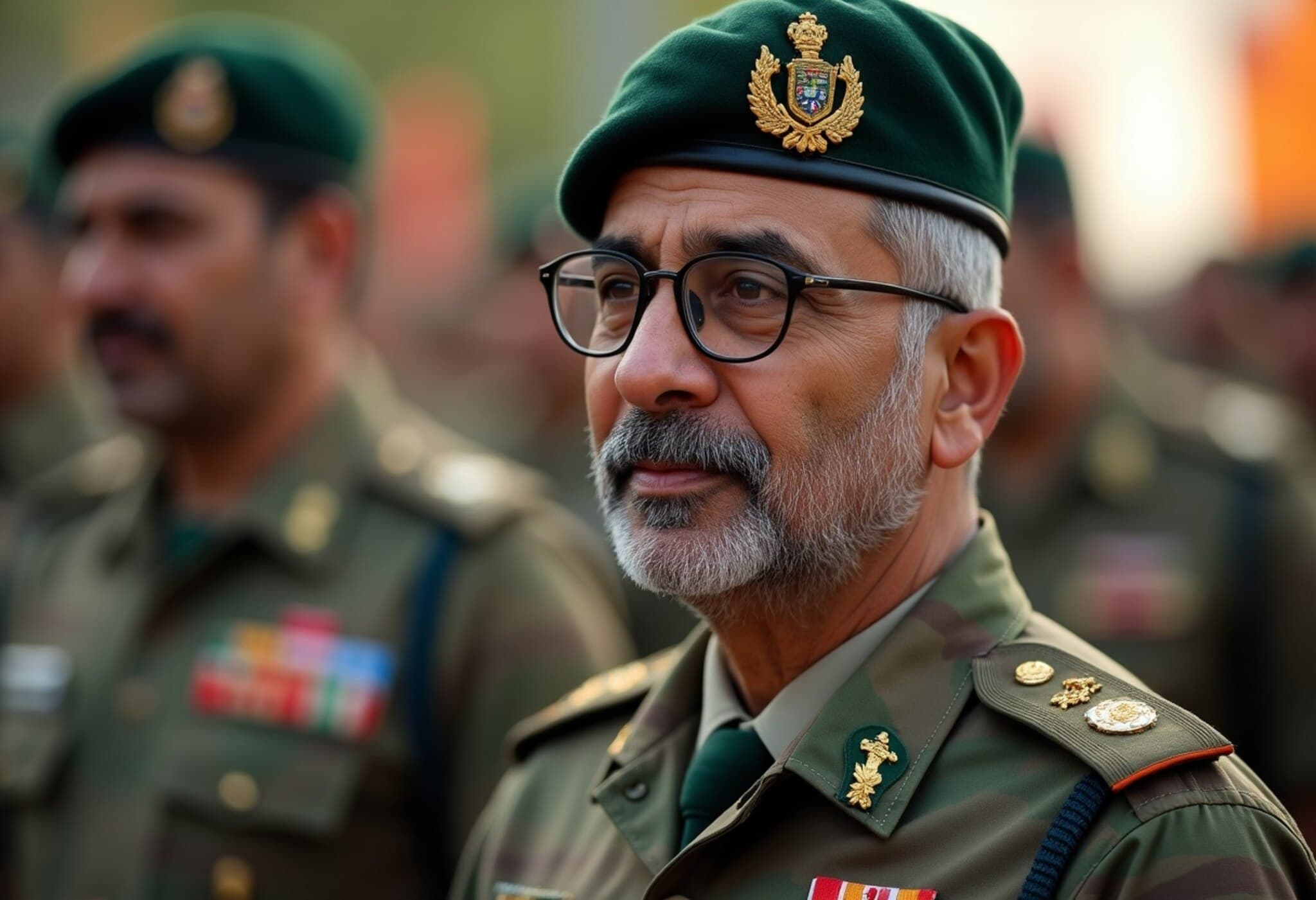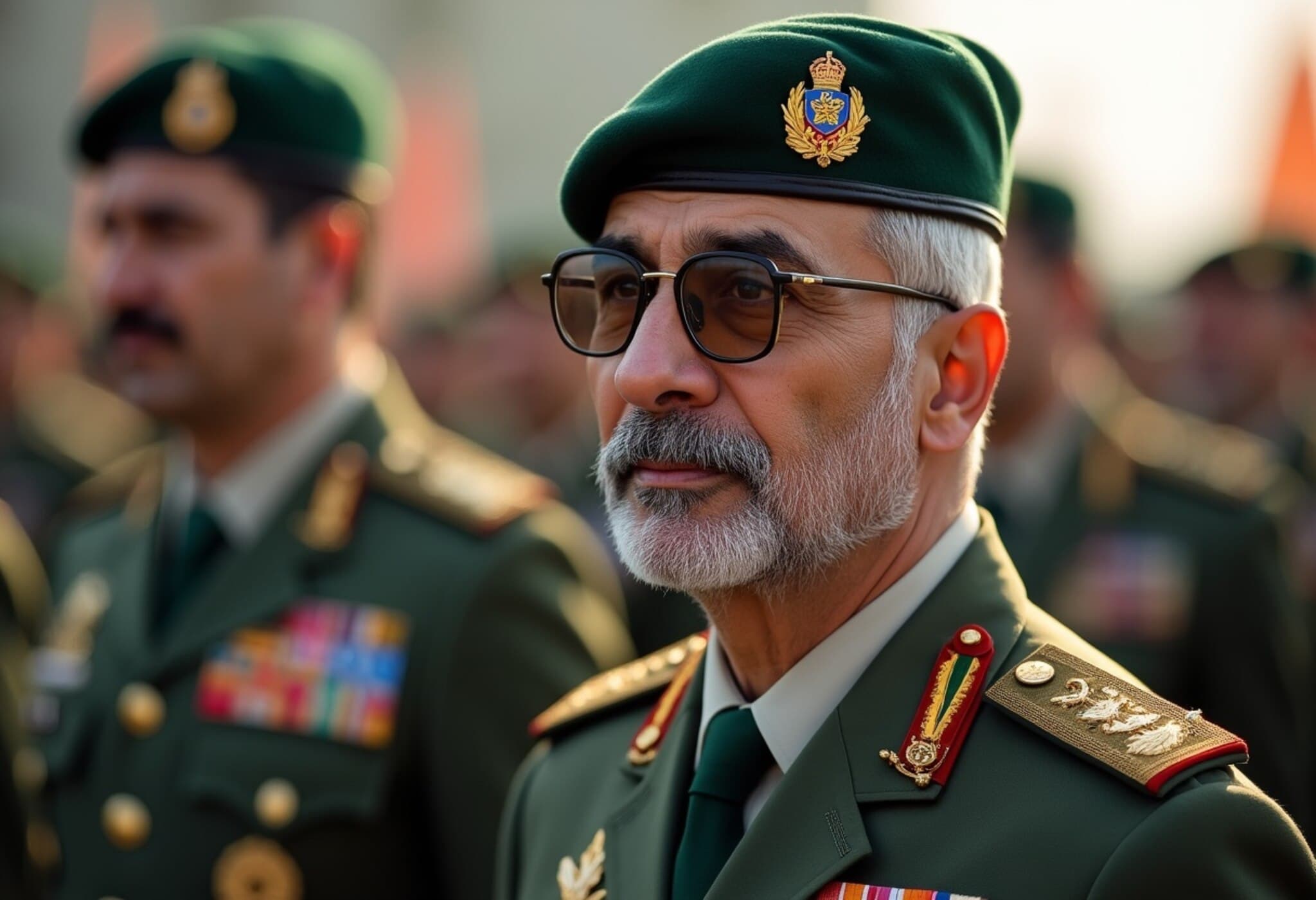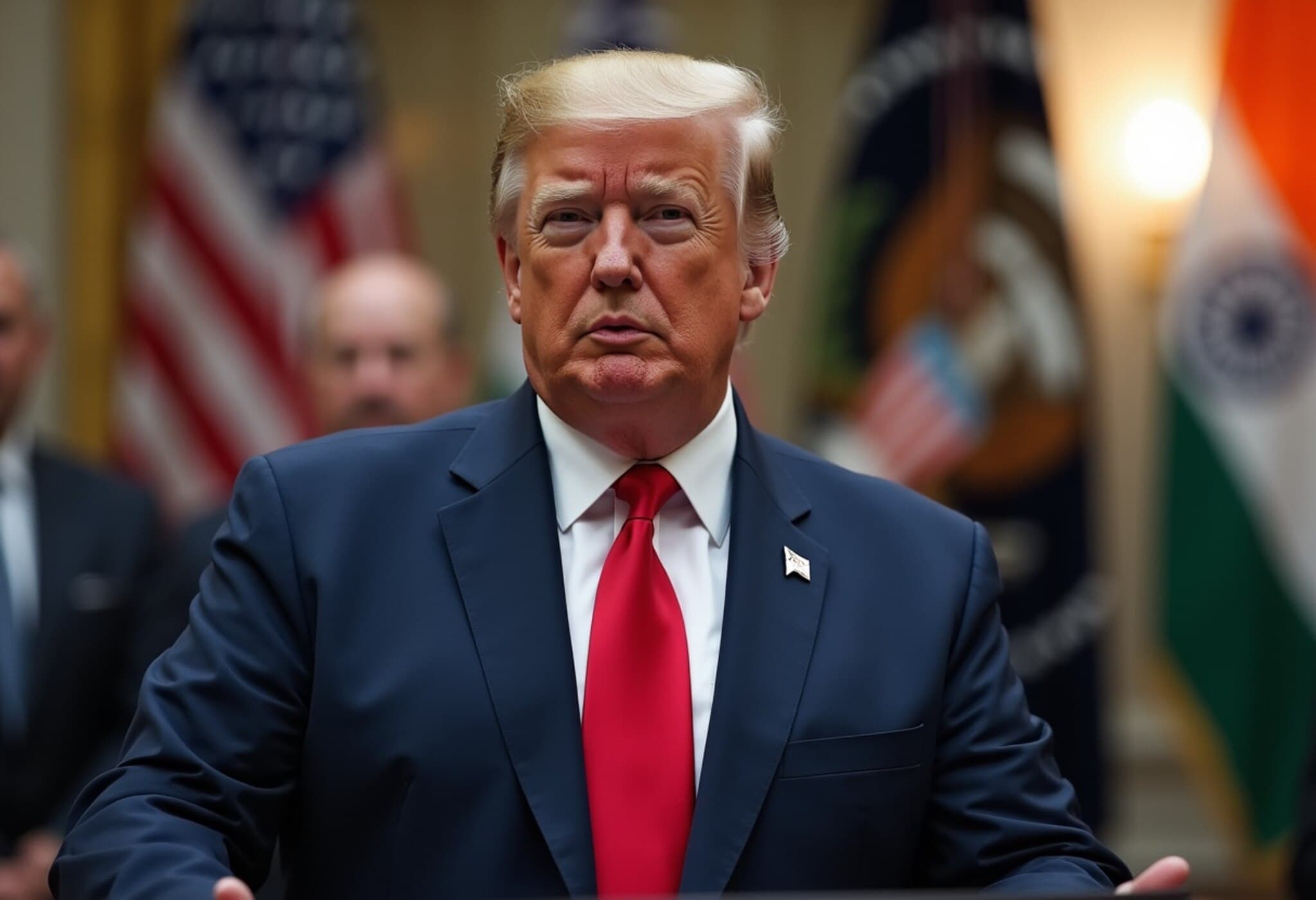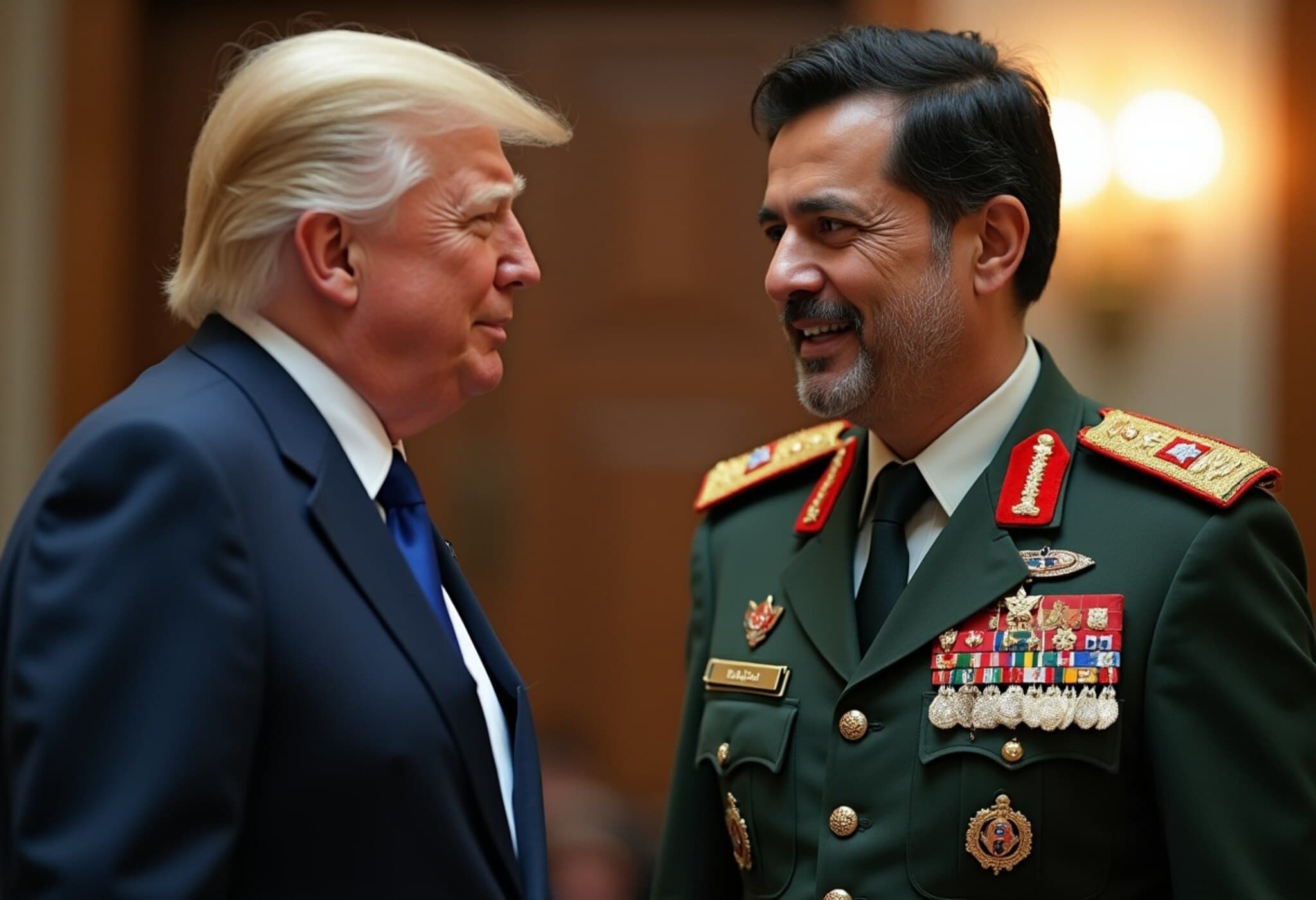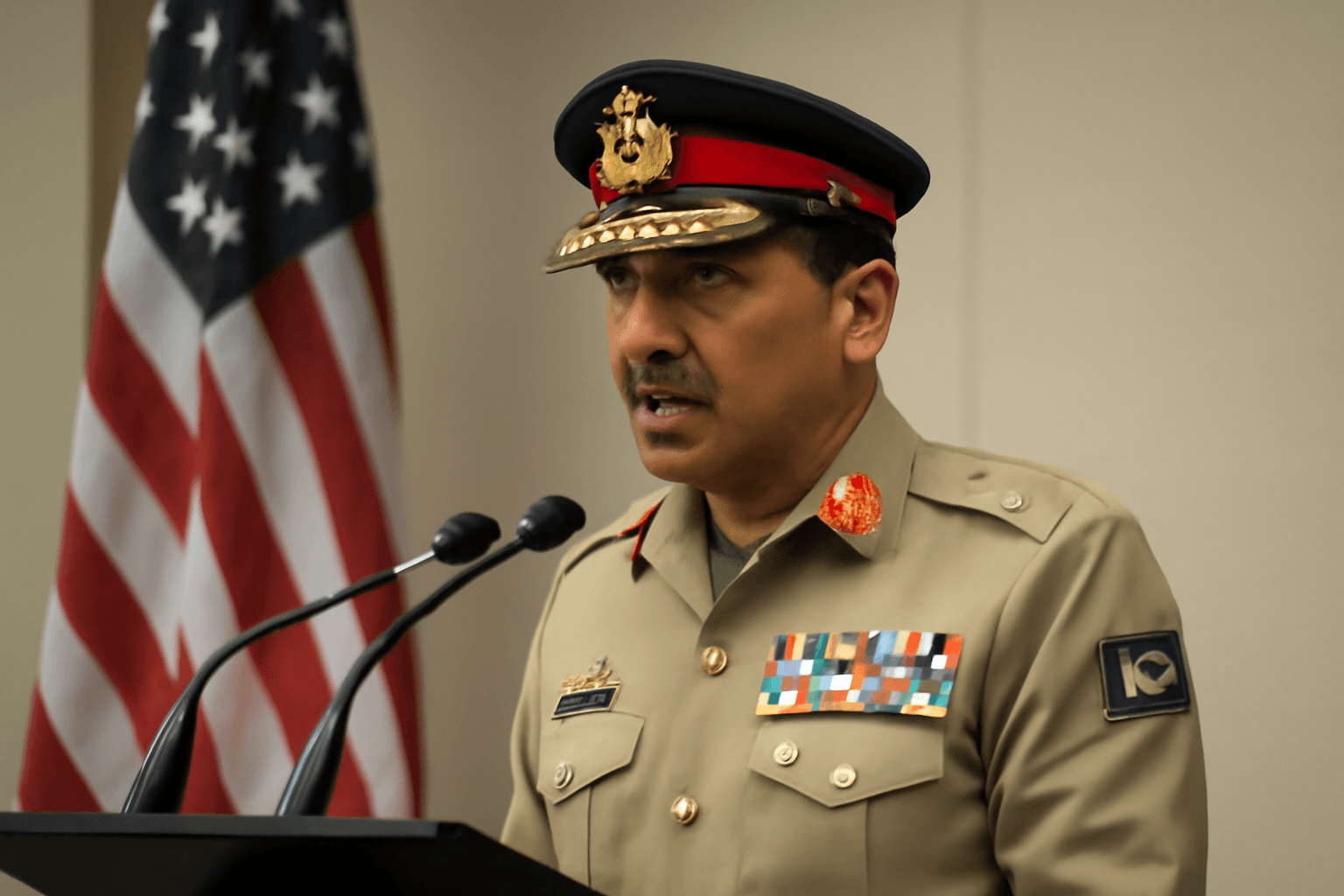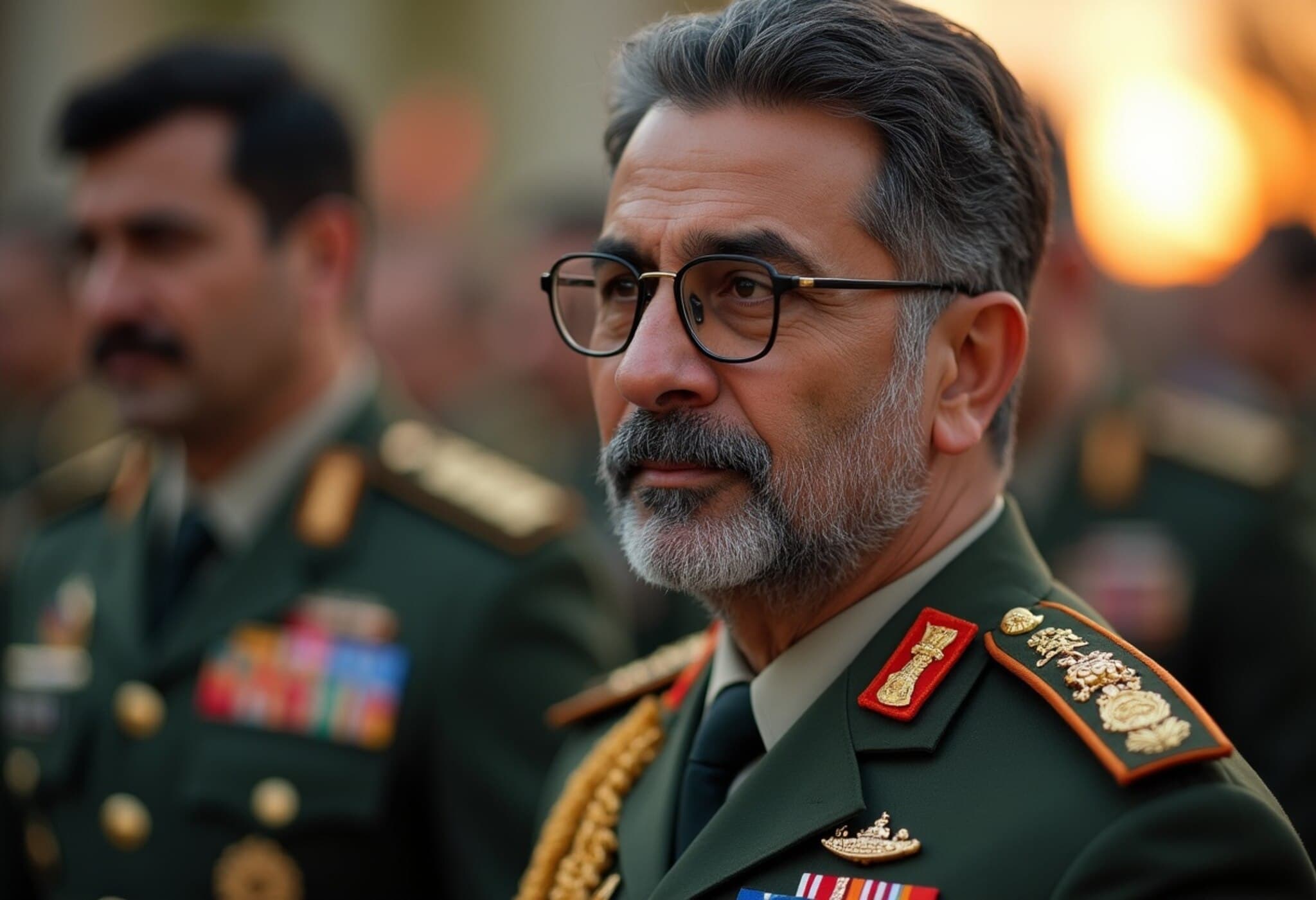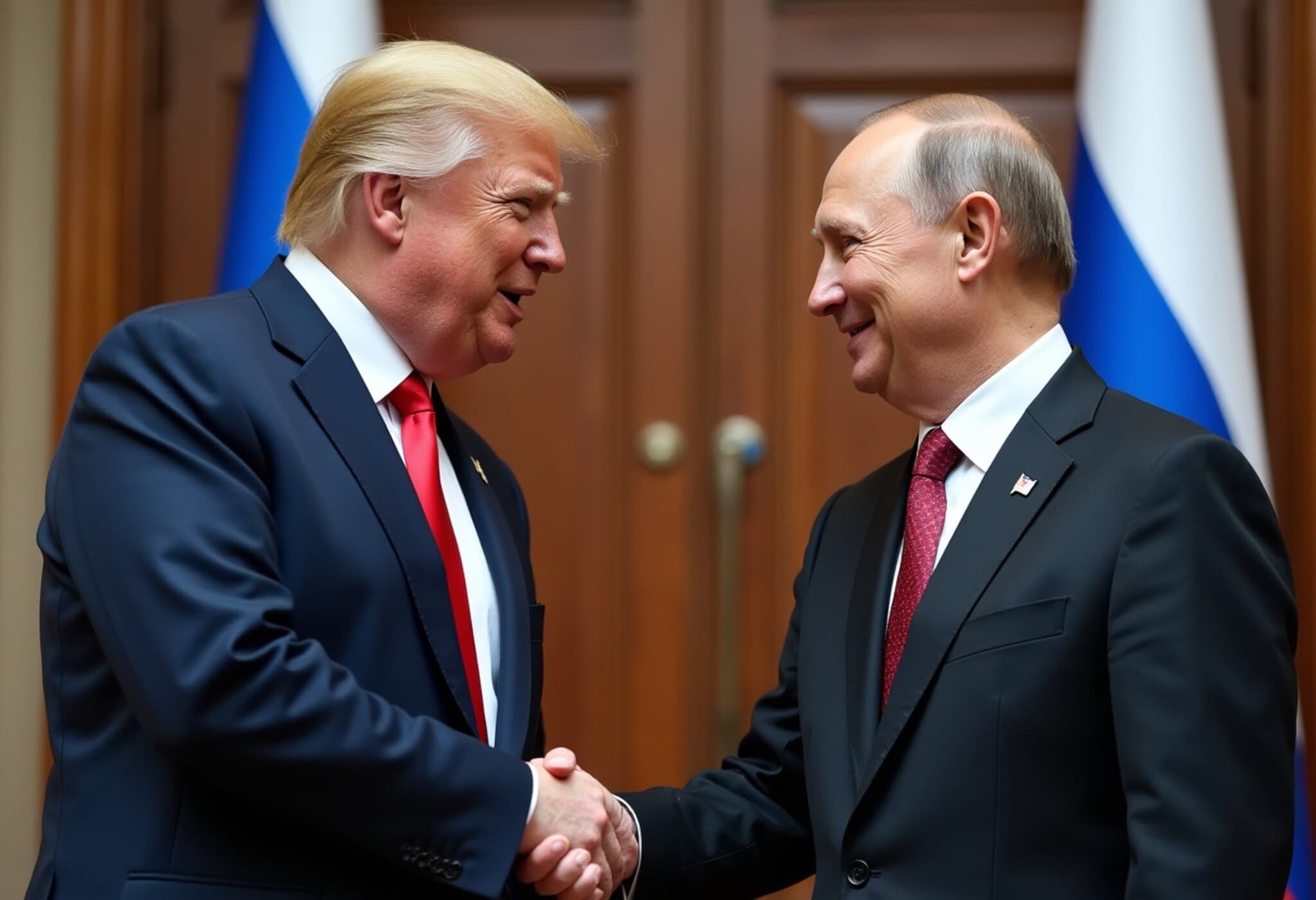Pakistan Army Chief's Self-Award Amidst Controversy
In a move that has ignited a firestorm of online criticism and disbelief, Pakistan’s Army Chief, General Asim Munir, has reportedly awarded himself the prestigious Hilal-e-Jurat—the nation’s second-highest military decoration. This decision comes in the aftermath of a recent intense conflict between India and Pakistan, during which the Pakistan Army faced significant setbacks.
Context: Independence Day Honors and the Aftermath of May Conflict
The awards, announced as part of Pakistan’s Independence Day celebrations on August 14, 2025, were officially presented by President Asif Ali Zardari and Prime Minister Shehbaz Sharif. The event recognized numerous military and civilian personnel for their roles in the bitter four-day clash triggered by Operation Sindoor on May 7. This Indian operation targeted terrorist infrastructure within Pakistan and Pakistan-occupied Kashmir (PoK), following the tragic Pahalgam attack that resulted in 26 civilian deaths.
While many key figures received honors—Air Chief Zaheer Ahmad Babar Sidhu was conferred the Hilal-e-Jurat, Naval Chief Admiral Naveed Ashraf received the Nishan-e-Imtiaz, and several fighter pilots were awarded the Sitara-e-Jurat—the self-awarding by General Munir instantly became the subject of widespread backlash.
Social Media Eruption: Memes, Mockery, and Criticism
The revelation that General Munir bestowed the Hilal-e-Jurat upon himself fueled a wave of digital satire and skepticism. Social media users mocked the gesture as an act of vanity and questioned the military’s integrity in the face of a perceived defeat.
- “Asim Munir’s self-awarded Hilal-e-Jurat is the ultimate flex! Who needs validation from others when you can just give it to yourself?” tweeted one user, highlighting the unorthodox nature of the move.
- Another user wittily remarked, “Not sure what’s more impressive—the self-award or the mirror he must have found during a losing battle.”
- There were also more scathing comments: “A participation trophy for showing up to a war and losing spectacularly!”
- “What’s next? A PhD in ‘How to Get Crushed by the Indian Army’?” queried yet another critic.
- Others characterized the medal as a “Get Out of Jail Free card” in the context of military accountability.
Analyzing the Larger Implications
This unusual act of self-recognition raises critical questions about military culture and morale within Pakistan's armed forces. Experts suggest that awarding oneself in such a public and contentious manner might reflect attempts to project strength and maintain internal cohesion after a conflict perceived domestically as unfavorable.
From a broader standpoint, the incident also underscores the tensions in civil-military relations and the role of symbolism in shaping national narratives surrounding military engagements with India.
The episode compels observers to ponder:
- How do military honors function in politically sensitive environments?
- Can self-awarding undermine institutional credibility in nascent democracies?
- What influence do such actions have on public trust and morale within the armed forces?
Looking Ahead: Toward Accountability and Reflection
The May conflict, marked by Operation Sindoor and subsequent retaliations, had already strained diplomatic relations between the nuclear-armed neighbors. While ceasefire agreements temporarily restored calm, underlying tensions persist.
In this volatile context, the Pakistan Army’s handling of recognition and leadership optics will be closely scrutinized. Observers call for transparent military evaluations and a sober reassessment of combat outcomes to foster resilience and genuine recognition of valor.
About the Author
At TOI World Desk, our seasoned journalists combine deep expertise with on-the-ground insights to deliver nuanced international news. Committed to transparency and comprehensive analysis, we aim to illuminate the complexities shaping our global community.
Editor's Note:
General Munir’s self-award is more than a quirky headline—it’s a prism reflecting the challenges faced by militaries navigating public opinion, accountability, and morale after conflict. While the medal may have sparked ridicule, it also provokes deeper reflection on how nations commemorate military service amid political discord and military setbacks. Readers are encouraged to consider how symbolism intersects with reality in modern defense narratives.

